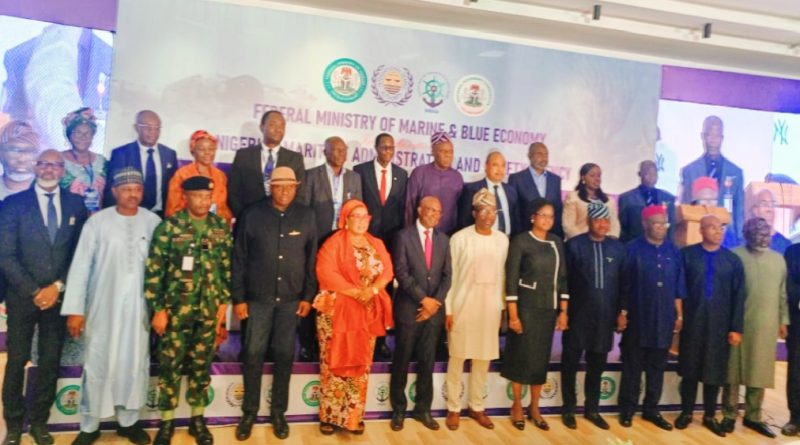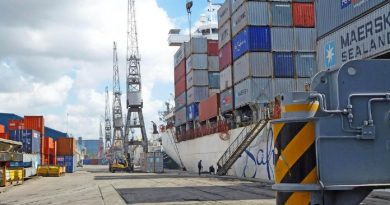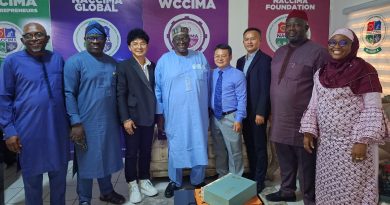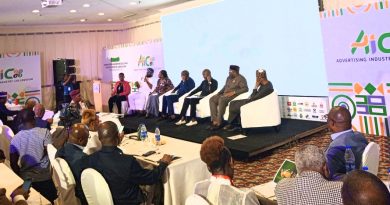Nigeria Takes the Giant Leap in Deep Seabed Exploration
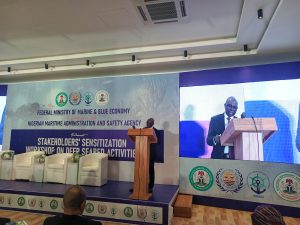
Oru Leonard
As Nigeria is on the cusp of unlocking the vast potential of its marine resources, and it’s exciting to see the progress being made. The Stakeholders Sensitization Workshop on Deep Seabed Activities in Nigeria, started today at the BricksPoint ApartHotel in Abuja on September 18 and 19, 2024.
The establishment of the Federal Ministry of Marine and Blue Economy in 2023 demonstrates Nigeria’s commitment under President Bola Ahmed Tinubu, to diversifying its economy and tapping into the global surge in deep-sea exploration. As a major oil-producing country with an extensive coastline and inland waterways, Nigeria recognizes the importance of staying ahead in this new frontier.
The transition from a fossil fuel-based to a mineral-based economy presents opportunities for Nigeria to leverage its marine resources, particularly wave and tide energy, to generate clean energy. This shift is expected to significantly contribute to the nation’s energy needs, addressing the country’s energy crisis that has plagued its development for decades.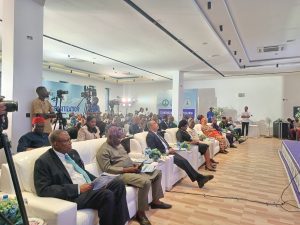
Key Areas of Focus:
– _Deep Seabed Exploration_: Harnessing marine resources for clean energy generation
– _Environmental Sustainability_: Addressing environmental implications of deep seabed activities
– _Economic Diversification_: Transitioning from a fossil fuel-based to a mineral-based economy.
The Ministry, in collaboration with the Nigerian Maritime Administration and Safety Agency (NIMASA), is committed to promoting partnerships with industry players, driving innovation, and championing sustainability. Government-private sector partnerships are vital to unlocking the maritime sector’s full potential.
Speaking the the Permanent Secretary, Ministry of Marine and Blue Economy, Mr. Michael Oloruntola Olufemi, who also represented the Minister of Marine and Blue Economy, H.E. Adegboyega Oyetola, envisioned a future where Nigeria’s indigenous companies would emerge as trailblazers in deep-seabed activities, contributing significantly to the nation’s economic prosperity. With effective participation of African states in deep seabed mining, the continent can reap the benefits of this vast resource.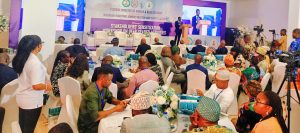
In his welcome address the Director General of NIMASA, Dr Dayo Mobereola, noted that the agency will play a critical role in regulating and promoting maritime safety, security, and environmental protection. Collaboration with the International Seabed Authority (ISA) and relevant MDAs will ensure Nigeria’s compliance with global standards.
“We remain committed to ensuring that relevant legislative frameworks on the sustainable use of the Marine Environment and Safety standards are fully implemented, he pledged.
He also highlighted the crucial need to amend the Nigerian Minerals and Mining Act 2007 to reflect relevant provisions of ISA’s model of legislation on exploration and exploitation.
Participants were drawn from both the public, private sector and associations including the The Nigerian Inland Waterways Authority (NIWA), Nigerian Shippers Council (NSC), Nigerian Border Commission (NBC), Ministry of Mines and Steel Development, International SeaBed Authority etc.

